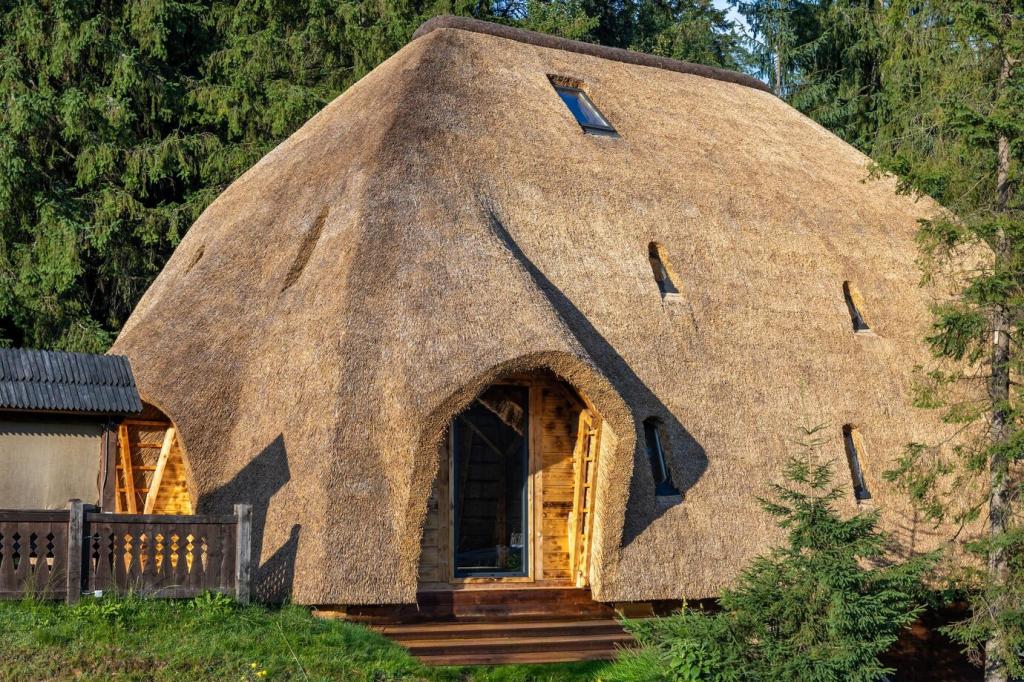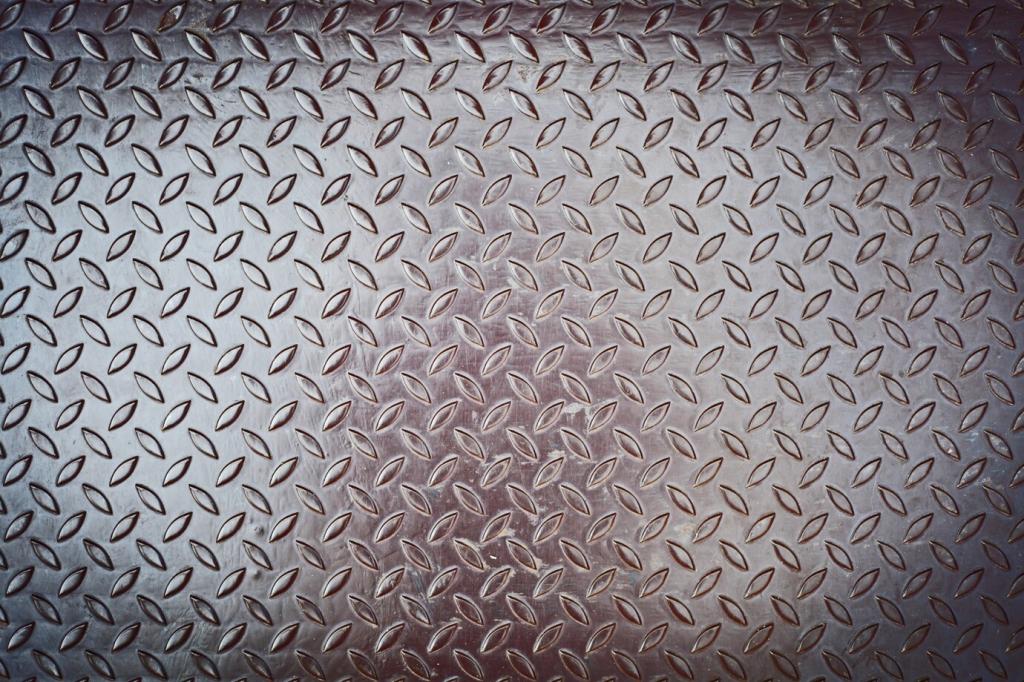Geothermal Heating and Cooling Systems: Comfort From Beneath Your Feet
Chosen theme: Geothermal Heating and Cooling Systems. Step into a quieter, cleaner kind of comfort where the steady temperature of the earth keeps your home cozy in winter and cool in summer. Explore ideas, stories, and practical tips—and join the conversation by sharing your geothermal questions or experiences.
How Geothermal Heating and Cooling Actually Works
The Stable Temperature Advantage
Just a few feet below the surface, the ground holds a steady temperature year-round. Geothermal heat pumps tap this natural reservoir, moving heat instead of creating it, which dramatically boosts efficiency and provides dependable, even comfort in every season.
Closed-Loop vs. Open-Loop Systems
Closed-loop systems circulate an antifreeze solution through buried piping, while open-loop designs use groundwater directly. The right choice depends on local geology, water availability, and regulations. Ask in the comments which option might fit your property and climate best.
From Ground to Ducts: The Heat Pump’s Journey
A geothermal heat pump extracts heat from the loop, concentrates it via a refrigerant cycle, and delivers it to your ducts or hydronic system. In summer, it reverses, dumping indoor heat back into the ground for superb cooling and pleasantly low humidity.
A Quiet Home: A Story From the First Cold Snap
On the first frosty night after a geothermal install, the loudest sound in the house was the refrigerator door. No burner roar, no backyard condenser hum—just even warmth drifting room to room, while the loop quietly did its work beneath the garden.
A Quiet Home: A Story From the First Cold Snap
With geothermal, rooms warm steadily rather than in abrupt blasts. Floors feel less chilly, corners lose their drafts, and family gatherings stretch a little longer. Share your first-week impressions or questions—what does comfort mean to you in winter and summer?
A Quiet Home: A Story From the First Cold Snap
After a month, the utility bill arrived showing a 34% drop in energy use versus last winter. A heat pump COP around 3.5 turned underground stability into everyday savings. Have you seen similar numbers? Post your before-and-after details to help others learn.

Efficiency and Environmental Impact
Coefficient of Performance (COP) measures how many units of heat you get per unit of electricity. Geothermal systems often achieve COPs of 3 to 5, meaning major gains over resistance heat or older combustion equipment, especially during extreme weather.
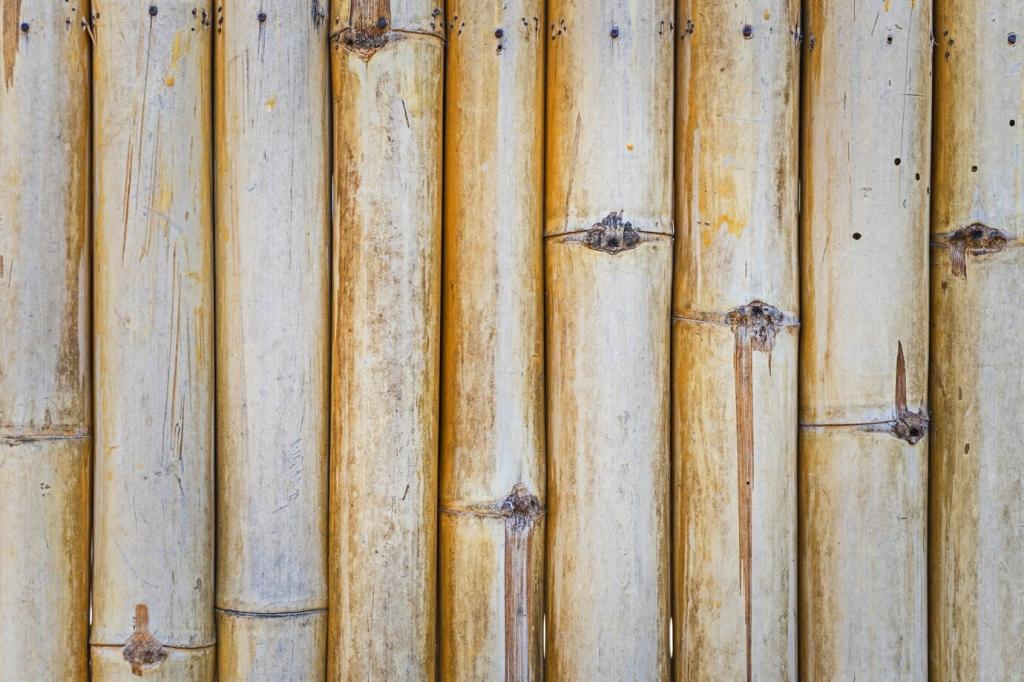
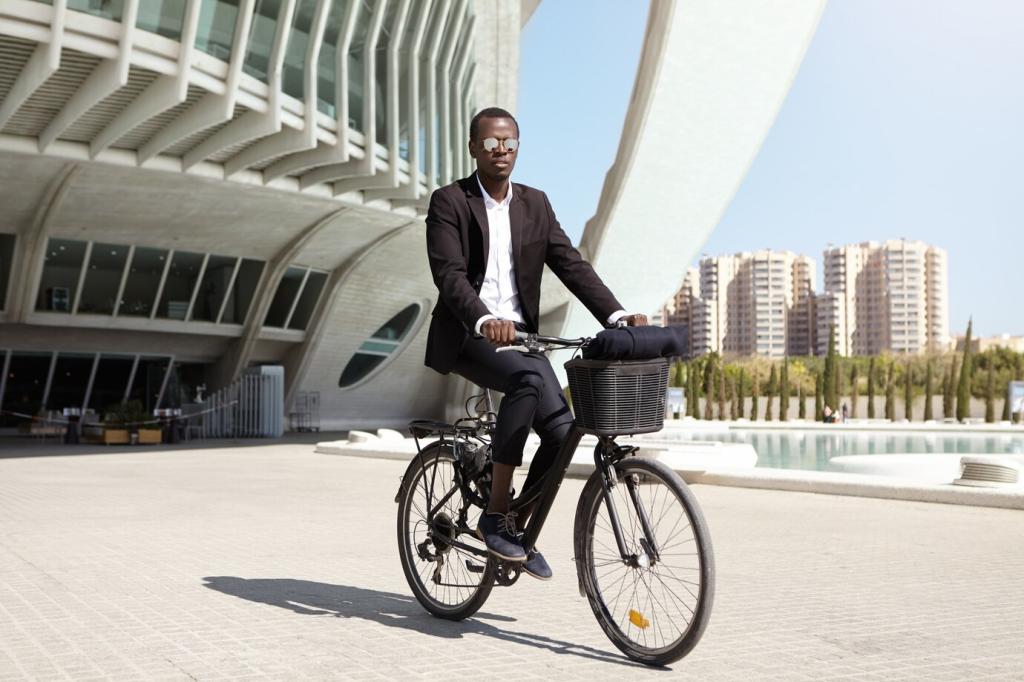

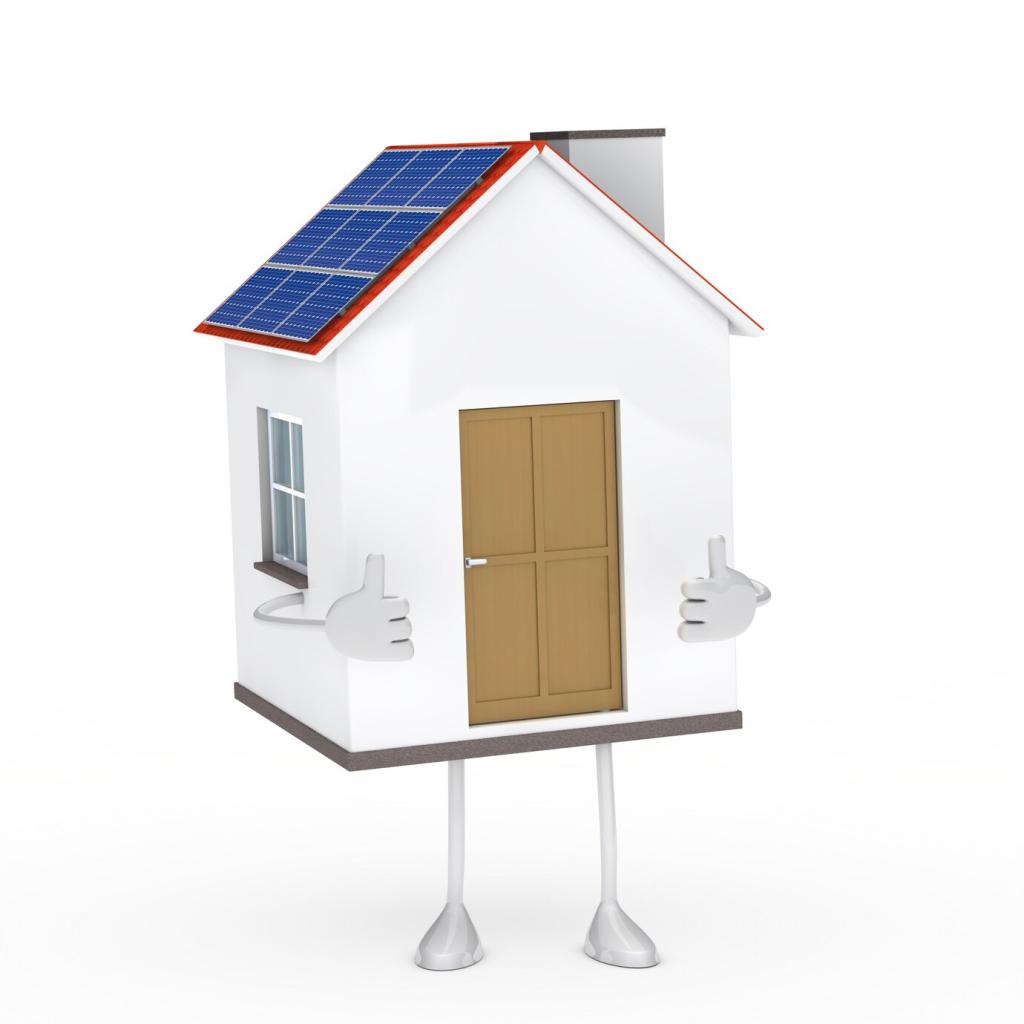
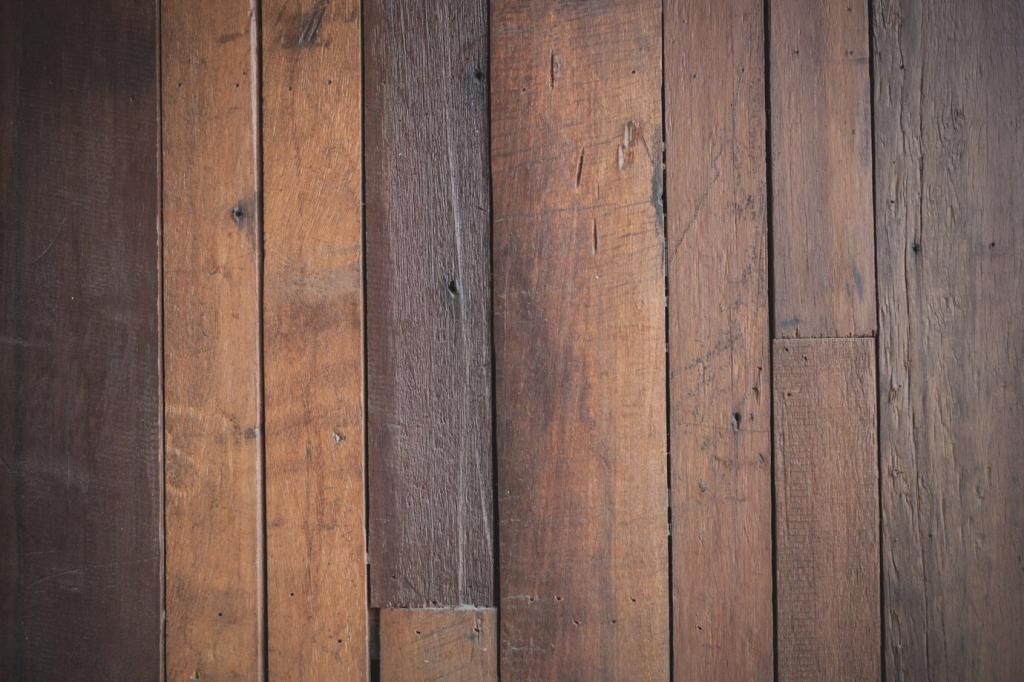
Ownership: Maintenance, Lifespan, and Everyday Use
Most owners replace air filters regularly, rinse condensate lines, and schedule periodic checks of loop pressure and refrigerant charge. The buried loop is largely hands-off, and the indoor unit avoids outdoor weathering that typically shortens equipment life.
Ownership: Maintenance, Lifespan, and Everyday Use
Well-installed ground loops often last 50 years or more. Heat pumps commonly run 20–25 years with proper care. That long horizon turns today’s decision into a multi-decade comfort plan. What lifespan goals do you have for your system? Let’s discuss.
Myths and Misconceptions, Debunked
Reality: Ground temperatures are more stable than air temperatures, even in very cold regions. Properly designed systems deliver reliable heat during deep freezes and superb cooling during heat waves, without the noisy outdoor units traditional systems require.


Myths and Misconceptions, Debunked
Reality: Vertical bores fit loop fields into compact lots. Even tight urban properties can host efficient systems. A site assessment weighs drilling access, setbacks, and geology to find a workable design that respects landscaping and neighborhood constraints.
Get Involved: Learn, Share, and Stay Connected
Wondering about drilling in clay, vertical bore spacing, or how COP varies with entering water temperature? Post your questions, and we’ll unpack the variables in plain language, backed by real data and homeowner-tested solutions you can trust.
Get Involved: Learn, Share, and Stay Connected
If you’ve installed geothermal, tell us about your first season: comfort, bills, surprises, and lessons learned. Your candid experience helps neighbors make informed decisions and keeps this community grounded in what actually happens after startup.
